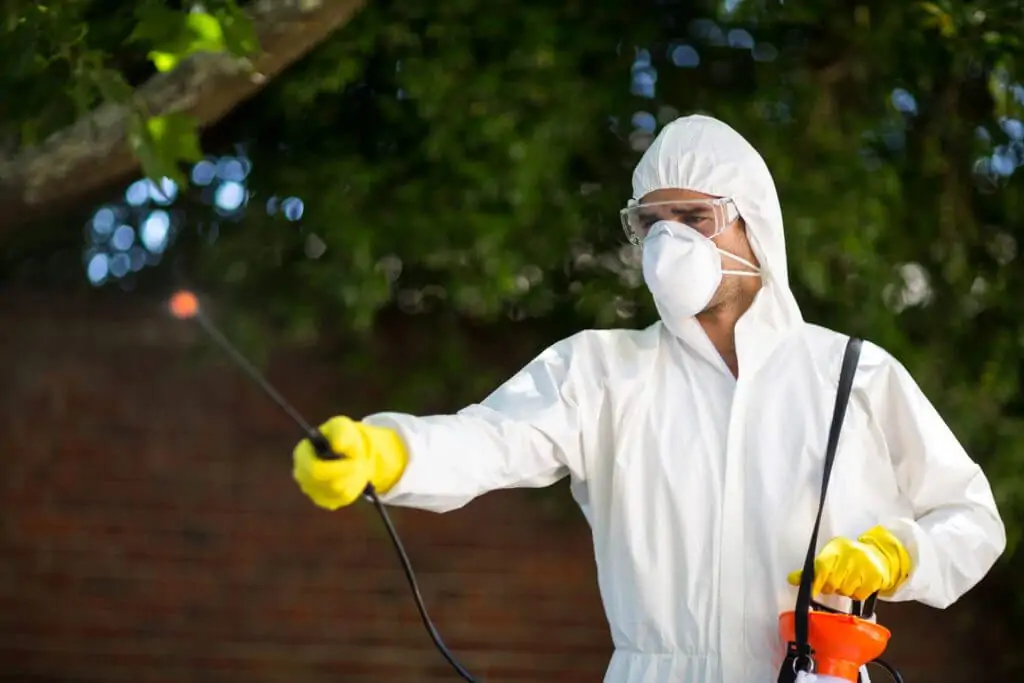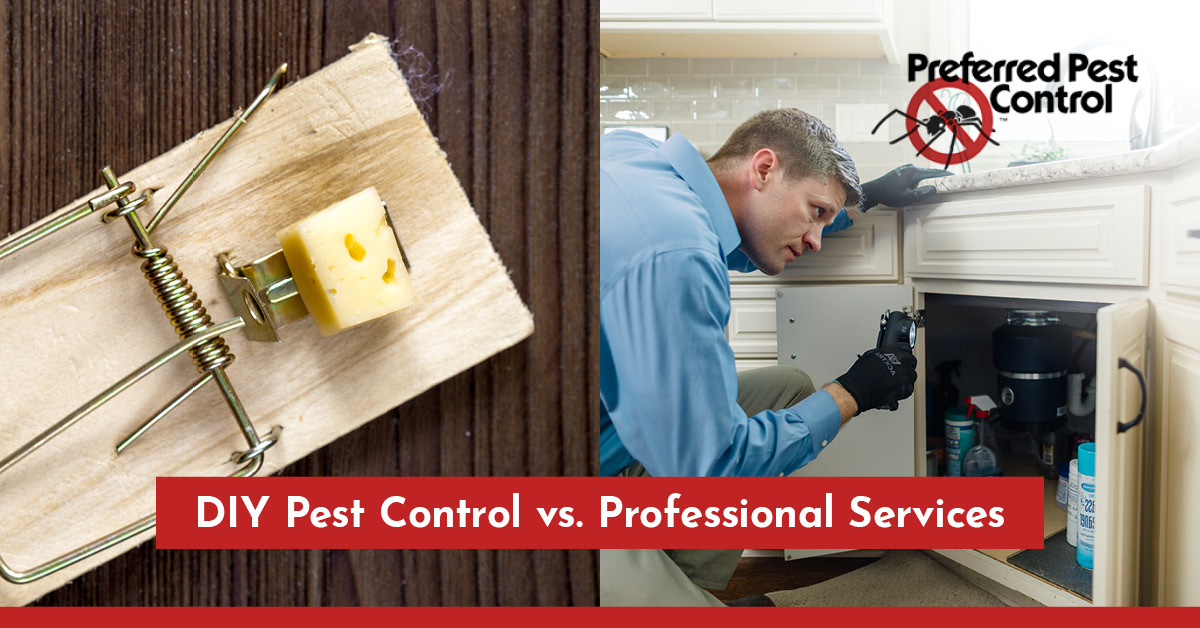Understanding the Various Approaches to Insect Control: A Comprehensive Guide

Natural Pest Control Approaches
Utilizing environmentally friendly strategies such as buddy growing and organic pest control is vital for efficiently handling insects in agricultural settings. Companion planting involves growing various plants in distance to deter pests, enhance nutrient uptake, and boost overall crop wellness. Planting marigolds together with tomatoes can assist ward off nematodes. Intercropping maize with legumes can interrupt the breeding patterns of pests like corn borers.
Organic insect control entails presenting natural killers or microorganisms to regulate pest populaces. Ladybugs, as an example, feed upon aphids, controlling their numbers without the demand for chemical pesticides. An additional instance is the usage of Bacillus thuringiensis (Bt), a microorganism that targets details insect bugs while being safe to humans, animals, and beneficial insects.
These green methods not just reduce the dependence on synthetic chemicals but likewise assist protect biodiversity and soil health and wellness. By including all-natural parasite control strategies into agricultural methods, farmers can achieve sustainable pest monitoring while lessening unfavorable influence on the atmosphere.

Chemical Parasite Control Solutions
In addition to natural bug control techniques, the utilization of chemical bug control options plays a substantial function in successfully managing pest populaces in agricultural environments. Chemical bug control services are formulated to target certain parasites that may cause comprehensive damages to crops. These solutions frequently include artificial pesticides that are developed to eliminate bugs rapidly and effectively.
One of the vital advantages of chemical parasite control services is their efficiency in managing parasite infestations on a big scale. Farmers can apply these options utilizing numerous approaches such as spraying, fumigation, or seed therapy to secure their crops from dangerous pests, weeds, and conditions. Furthermore, chemical bug control services are fairly easy to apply and can provide rapid results, helping farmers secure their returns and lessen economic losses.
However, it is important to make use of chemical bug control remedies deliberately to reduce prospective negative effect on the environment, non-target microorganisms, and human health. Correct application methods, adherence to safety and security standards, and routine surveillance are crucial to guarantee the responsible use chemical pest control services in agricultural techniques.
Biological Pest Control Approaches
Biological bug control approaches take advantage of natural predators or pathogens to manage parasite populations in agricultural setups properly. One common biological control method is the introduction of all-natural adversaries, such as ladybugs or parasitic wasps, to target particular insects.
An additional organic control method involves utilizing microorganisms like fungis, bacteria, or infections to infect and eliminate bugs. Overall, organic insect control methods use a lasting and targeted service to pest administration in agriculture.
Integrated Insect Administration (IPM)
Integrated Bug Monitoring (IPM) is a comprehensive method that incorporates different insect control strategies to efficiently handle and minimize pest populaces in farming systems. IPM focuses on long-lasting avoidance of bugs through a combination of biological, cultural, physical, and chemical control approaches. By integrating these different techniques, IPM aims to lower reliance on chemical pesticides, minimize ecological effect, and advertise sustainable pest monitoring practices.
One trick facet of IPM is using organic controls such as all-natural killers, parasites, and virus to manage pest populations. This approach harnesses the power of nature to maintain an equilibrium in between bugs and their natural enemies without causing injury to the setting.
In addition, IPM entails cultural techniques like crop habitat, sanitation, and rotation control to produce negative problems for parasites and interrupt their life process. Physical controls such as catches, barriers, and composts are also used to stop bug problems.
Physical and mechanical Insect Control Techniques
Making use of non-chemical techniques, such as mechanical and physical bug control strategies, is an essential aspect of comprehensive insect management approaches, constructing upon the foundation of Integrated Insect Monitoring's all natural technique. Mechanical pest control entails making use of physical barriers or catches to stop insects from accessing and damaging crops or structures. This method can consist of methods like installing displays on windows, using row covers in pop over to these guys farming, or using sticky catches to catch insects.
Physical bug control techniques, on the other hand, concentrate on directly getting rid of parasites via physical means. For circumstances, using heat treatments to remove bed insects or vacuuming up parasites like ants or spiders can be efficient means to handle infestations without making use of chemicals. By integrating these physical and mechanical insect control other strategies right into an Integrated Insect Monitoring strategy, professionals and people can decrease dependence on pesticides while still efficiently managing pest populaces and decreasing damages.
Final Thought

In enhancement to natural parasite control approaches, the usage of chemical insect control options plays a considerable duty in successfully managing pest populaces in farming atmospheres.One of the key benefits of chemical insect control remedies is their efficiency in regulating insect problems on a big range.Integrated Insect Monitoring (IPM) is a detailed approach that integrates various insect control approaches to efficiently take care of and reduce pest populaces in farming systems.Using non-chemical approaches, such as mechanical and physical bug control techniques, is a crucial element of thorough pest administration approaches, building upon the foundation of Integrated Bug Monitoring's holistic method. By integrating these mechanical and physical pest control methods right into an Integrated Parasite Management plan, individuals and experts can reduce reliance on pesticides while still successfully decreasing and taking care of pest populations damage.